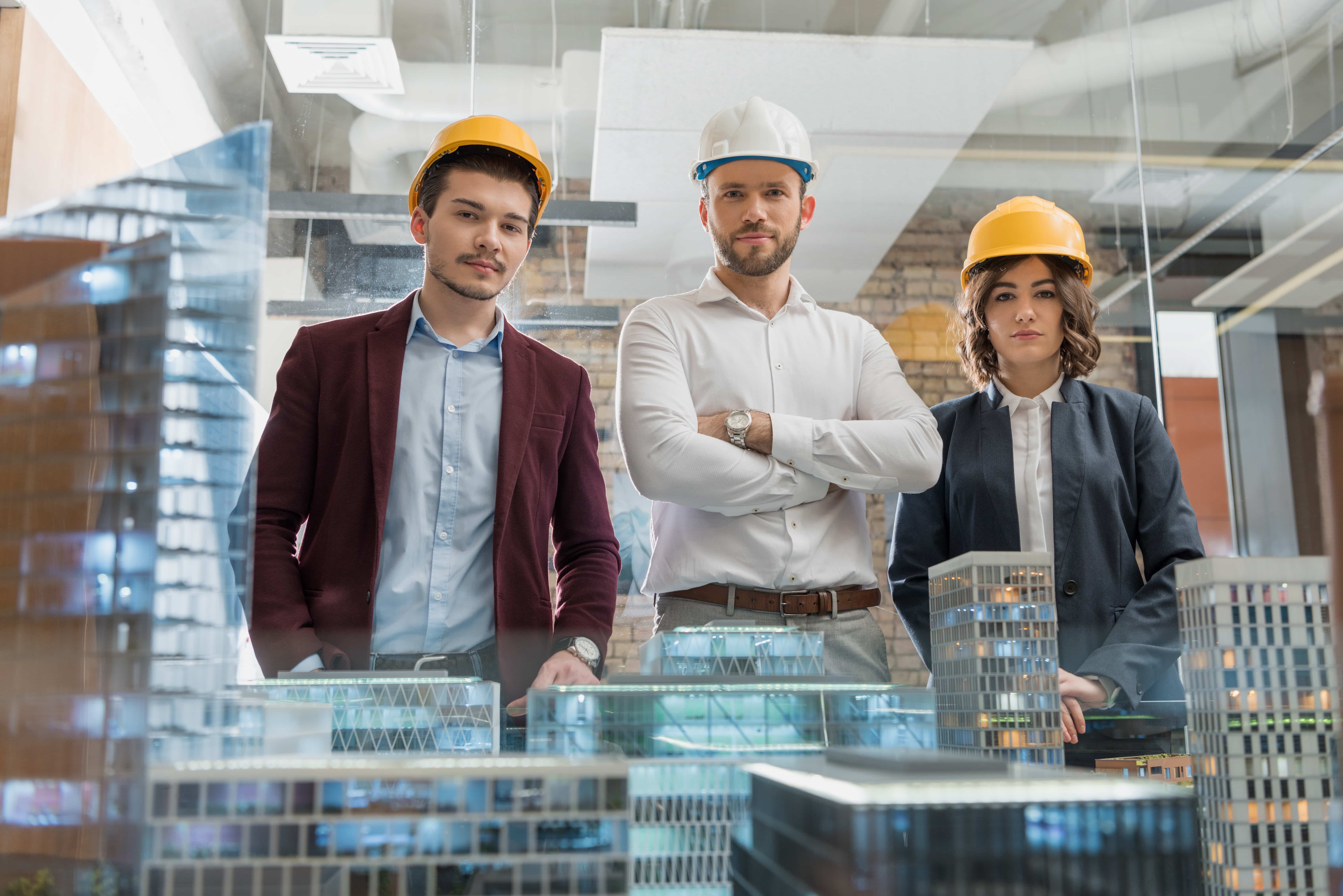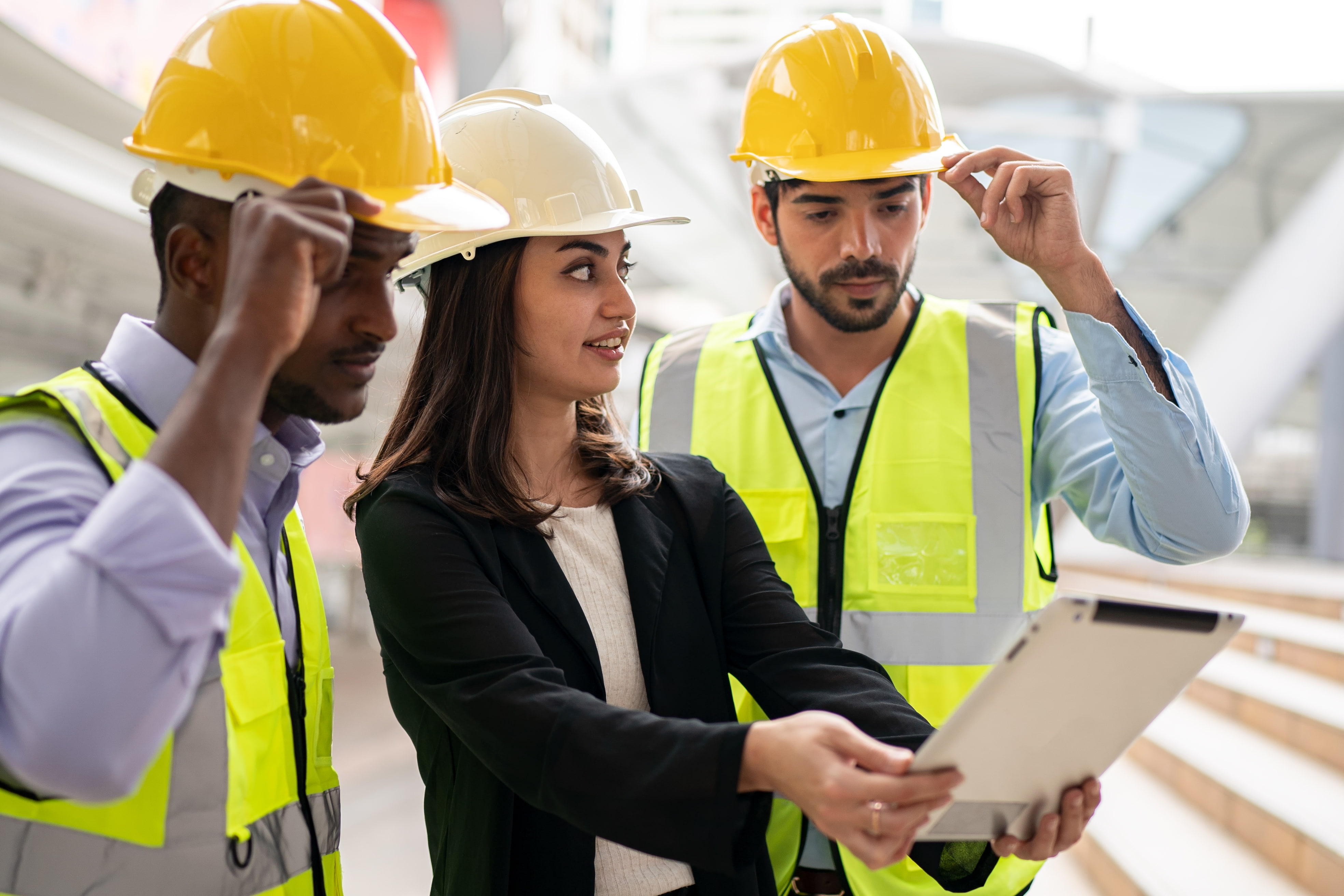
Shaping the future of buildings with sustainable construction methods
As the world deals with more environmental problems, the construction industry is turning to greener ways of building. This is where sustainable construction comes into play; it suggests using less energy, fewer resources, whilst protecting nature. It prioritises the use of renewable resources, healthy indoor environments and durable structures.
As the construction industry faces mounting pressure to reduce its environmental footprint, these innovative approaches are rapidly becoming the standard for a resilient and resource-conscious future. While sustainable methods may cost about 15% more to build at first, they use less energy and work more efficiently. This ultimately helps reduce monthly bills and other operating costs over time, making it a smart long-term investment.
It is equally important to stress that this growing shift towards green building practices is driving the demand for skilled professionals. This is especially true for those who are familiar with sustainable construction techniques and who know how to balance the traditional approach with this new method. In this blog, we will explore the importance of sustainable construction, how it can benefit future generations and what career opportunities it holds for students.
Table of Contents
- Introduction
- What is the meaning of sustainability in construction?
- Why is sustainability important in the construction industry?
- How an HND in Construction Management helps understand sustainable construction methods better
- Key benefits of sustainable construction methods
- Looking ahead...
- FAQs about sustainable construction
What is the meaning of sustainability in construction?

Sustainable construction is the art of creating, designing and constructing a building, considering its environmental impact. It focuses on minimising environmental impact by using renewable or recycled materials. Sustainable construction aims to optimise energy efficiency and reduce waste at every stage of a building’s lifecycle. This includes practices from recycling construction waste to integrating green technologies. In short, sustainable construction is to minimise the negative impact on the environment by reducing greenhouse gas emissions and conserving natural resources.
Build your career in Construction!
Why is sustainability important in the construction industry?
It is easy to understand why sustainability in construction is important, given that the sector accounts for 40% of all CO2 emissions and 36% of world energy use. In fact, according to recent research, building and construction projects are responsible for up to 40% of the world's solid waste creation and 30% of its raw materials. The following are some of the key benefits of sustainable construction methods:
- Environmental effect: By using recycled materials, sustainable construction methods prevent the use of natural resources and reduce the demand for limited natural resources. Using environmentally friendly materials, designing energy-efficient buildings and minimising carbon footprints can help reduce the impact of climate change.
- Prefabrication and modular construction: Off-site manufacturing of building components allows for precise assembly, less material waste and shorter construction timelines, all contributing to sustainability. These methods improve site safety and reduce disruptions to the surrounding communities during construction.
- Economic benefits: Greenhouse construction may cost slightly higher than traditional buildings. However, sustainable buildings can provide long term economic benefits. As per a recent, Anarock report, green buildings can reduce water use by 30–50% and energy use by 20–30%. The durability and longevity of these construction projects reduce the overall repair and replacement costs.
- Climate change: Sustainable construction methods also positively impact the climate. Sudden climate change can severely impact communities and infrastructure.
- Water conservation: Sustainable construction also promotes water conservation through methods like rainwater harvesting, greywater recycling and low-flow fixtures. These practices help manage stormwater efficiently while reducing water waste.
Sustainability in construction isn’t just good for the environment – it also saves money and supports healthier communities. By using eco-friendly building methods, the industry can cut down pollution and make life better for people everywhere.
How an HND in Construction Management helps understand sustainable construction methods better
A higher national diploma (HND) in Construction Management offers a broad understanding of sustainable construction methods. The programme blends theory and practice, covering essential topics like sustainability, modern construction techniques and site management. It also introduces digital tools such as Building Information Modeling (BIM). This ensures that students are ready to implement eco-friendly solutions and manage complex projects in line with global sustainability goals.
The following table highlights how core areas of the HND curriculum directly support expertise in sustainable construction and readiness for the future of construction industry:
| Core area | How it supports sustainable construction methods | Relevance to future of construction industry |
| Sustainable methods of construction | Teaches eco-friendly practices, waste reduction and resource efficiency | Essential as the industry shifts towards greener standards |
| Construction technology | Focuses on innovative, low-impact building techniques | Prepares graduates for new industry technologies |
| Construction technology for complex buildings projects | Enables precise planning, efficient resource use and lifecycle analysis | Critical for digital transformation and smart construction |
| Project management | Emphasises safe, efficient and sustainable site operations | Meets demand for skilled managers in sustainable projects |
| Legal and statutory responsibilities in construction | Integrates sustainability into legal and risk frameworks | Ensures compliance with evolving regulations |
As the construction industry moves toward greener and smarter ways of building, experts in sustainable construction methods will be in demand more than ever. They will help lead the way in building a better future and protecting the environment.
Key benefits of sustainable construction methods
As the construction industry continues to grow, using sustainable methods is key to creating a greener, healthier and stronger future. These methods not only help the environment but also bring many benefits to the people who live in, own or use the buildings. Here are some of the main benefits of sustainable construction:
- Healthier living environments: Sustainable buildings promote better air quality, natural lighting and thermal comfort, improving the well-being of occupants.
- Reduced waste and lower emissions: Recycling materials and optimising resource use results in cutting down on landfill waste and greenhouse gas emissions.
- Economic advantages: Although initial costs can be higher, sustainable buildings offer lower operating and maintenance costs, higher property values and job creation in the green sectors.
- Green building materials: The use of eco-friendly materials, such as recycled steel, bamboo, mycelium-based products and low-carbon concrete, significantly reduces the carbon footprint of new structures while often improving insulation and durability.
- Resource conservation: With the construction industry responsible for a significant share of global resource consumption and emissions, adopting sustainable methods is essential to preserving natural resources for future generations.
In summary, sustainable construction methods offer a holistic approach to building that balances environmental responsibility, economic efficiency and occupant well-being. By embracing these practices, the construction industry can pave the way for a more sustainable and prosperous future.
Looking ahead...

With urban populations rising and climate concerns intensifying, sustainable construction methods are not just a trend- they are the blueprint for the future of building. From innovative materials and modular techniques to artificial intelligence (AI)-powered project tools, these practices are making construction cleaner, smarter and more resilient than ever before.
By embracing sustainability, the future of construction industry is not only building better structures but also shaping a healthier, more sustainable world for generations to come. If you are looking to be part of this exciting transformation, the HND in Construction Management offered by GBS Dubai equips you with the practical skills and knowledge needed to thrive in the evolving construction industry. With a strong focus on sustainability, digital tools and site management, this programme prepares future professionals to lead the way in green building and smart infrastructure.
FAQs about sustainable construction
As cities expand and the demand for improved infrastructure rises, the construction industry is evolving to meet the increasing need for housing. This surge in residential and industrial growth is driving a shift towards smarter, quicker and more sustainable building methods.
Sustainable construction methods are important because they help reduce the construction industry's carbon footprint, conserve natural resources and create healthier living environments. As global urbanisation increases, these methods ensure future buildings are environmentally responsible and economically viable.
Sustainable construction methods reduce the carbon footprint by:
- Using materials with lower embodied energy
- Minimising landfill waste
- Incorporating renewable energy sources
- Designing for energy efficiency and reduced emissions
Green and sustainable construction, residential development, and large-scale infrastructure projects are some of the fastest-growing segments of the construction industry.
Education for Sustainable Development involves integrating sustainability-related topics into learning. These include issues such as climate change, disaster risk reduction, biodiversity, poverty alleviation and sustainable consumption.
Browse our courses
GBS Dubai offers a wide range of industry-focused education courses, designed to fit around your busy schedule.